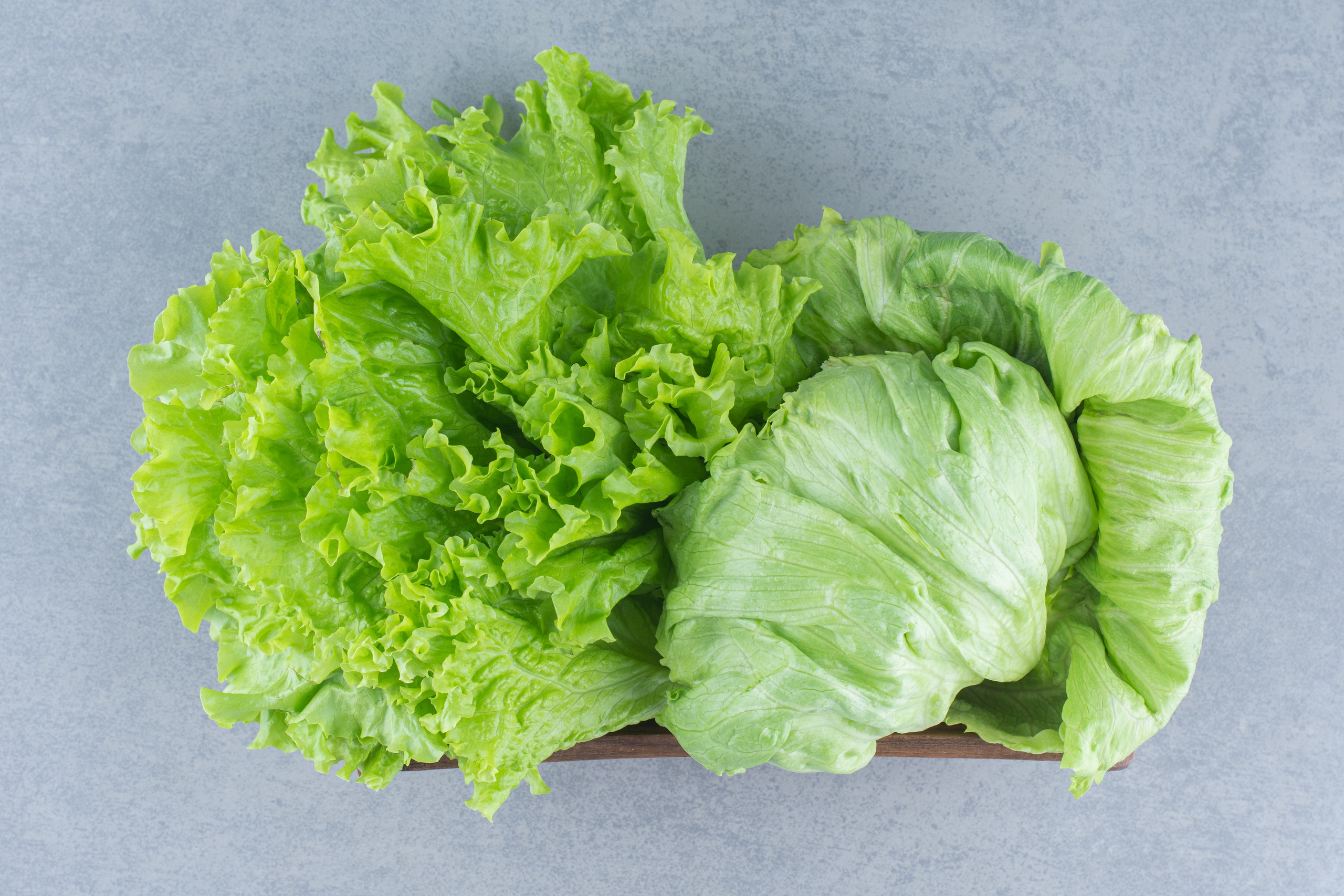Lettuce provides a lot of vitamin A, folate, and some health-promoting plant compounds, according to the health page Health .
Ms. Jillian Kubala, a nutritionist working in the US, shared some health benefits of lettuce as follows.

Lettuce provides lots of vitamin A and folate.
Provide essential vitamins for the body
Lettuce is a familiar food in daily meals. Not only delicious, lettuce is also a rich source of essential vitamins for the body, especially folate and vitamin A.
Folate is important for red blood cell production and cell division. Pregnant women need more folate to support fetal development.
Vitamin A plays an important role in the immune system and vision. One ounce (47 grams) of lettuce provides 23% of the recommended daily value of vitamin A.
In addition, lettuce also contains vitamin K to help strengthen bones and vitamin C to help boost the immune system.
Antioxidants
Lettuce contains many antioxidants. These substances help protect the body from the harmful effects of free radicals, which cause many diseases such as cancer, cardiovascular disease, aging...

Lettuce contains antioxidants such as beta-carotene and lutein, which help protect the body from cardiovascular diseases.
Lettuce is also particularly rich in beta-carotene and lutein, powerful antioxidants. Studies have shown that people who eat a lot of lettuce have a lower risk of breast cancer and age-related macular degeneration.
In addition, lettuce also contains polyphenol compounds, which help support blood vessel health, reduce inflammation and regulate blood lipid levels. Therefore, they can also help prevent cardiovascular disease and stroke.
Reduce disease
Numerous studies have shown that people who eat lots of vegetables, especially raw vegetables like lettuce, have a lower risk of diseases such as cancer, type 2 diabetes and heart disease.
Lettuce is low in calories but rich in vitamins A, C, K and essential minerals such as potassium, magnesium, and phosphorus. Lettuce also contains antioxidants such as beta-carotene and lutein, which help protect the body from cardiovascular disease, cancer, and macular degeneration.
While lettuce is safe for most people and poses few health risks, there are still some precautions to consider.
Lettuce can be contaminated with bacteria that cause food poisoning, such as E. coli, Norovirus, Listeria, Salmonella, and Cyclospora. Therefore, you should wash lettuce under running water before eating to remove bacteria.
To avoid cross-contamination, you should not let lettuce come into contact with raw meat, poultry, seafood, and wash cutting boards, knives, and kitchen surfaces before preparing lettuce.
Source link




![[Photo] Looking back at the impressive moments of the Vietnamese rescue team in Myanmar](https://vstatic.vietnam.vn/vietnam/resource/IMAGE/2025/4/11/5623ca902a934e19b604c718265249d0)

![[Photo] "Beauties" participate in the parade rehearsal at Bien Hoa airport](https://vstatic.vietnam.vn/vietnam/resource/IMAGE/2025/4/11/155502af3384431e918de0e2e585d13a)


























![[Photo] Summary of parade practice in preparation for the April 30th celebration](https://vstatic.vietnam.vn/vietnam/resource/IMAGE/2025/4/11/78cfee0f2cc045b387ff1a4362b5950f)




























































Comment (0)